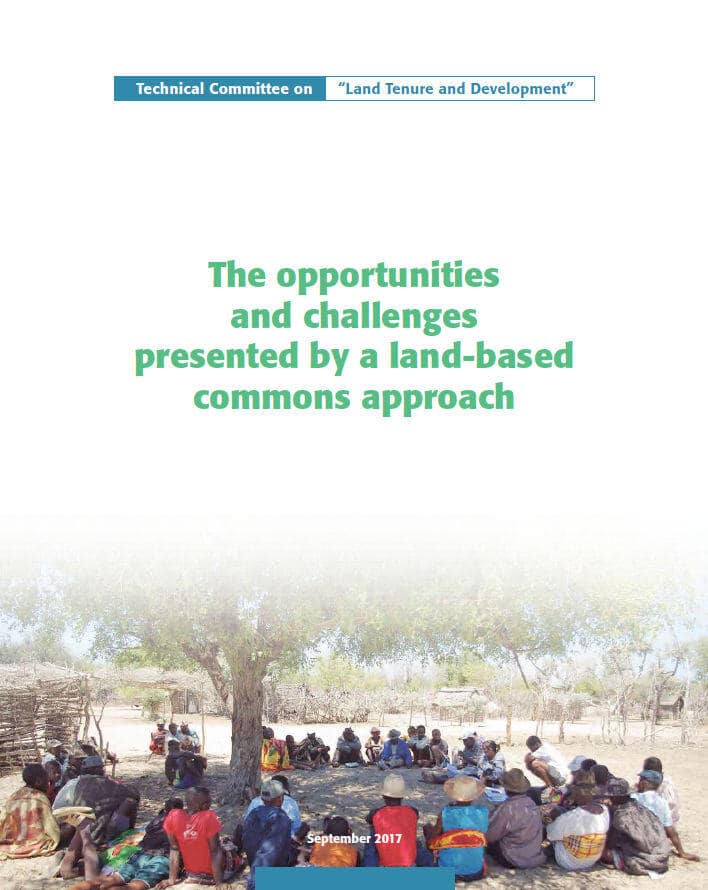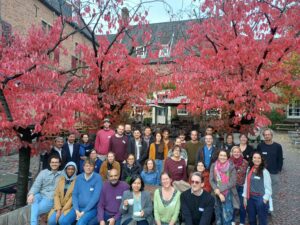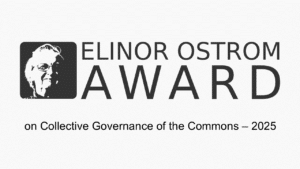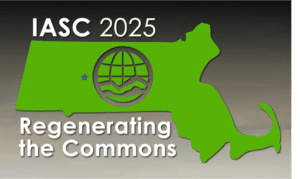While awaiting the workshop on the land-based commons approach in Montpellier, planned for November 19, 2019, IASC member François Bousquet and a group of researchers and expert members of the Technical Committee on “Land Tenure and Development” from the French Agency for Development bring to our attention the findings of their empirical case studies, literature review, and interviews with experts.
Publications
1. Land Tenure and Development Technical Committee, 2017. The opportunities and challenges presented by a land-based commons approach. Paris: Ministry for Europe and Foreign Affairs (MEAE), French Development Agency (AFD). (Available online, last accessed Oct 26, 2019)
2. The commons approach to the Earth and its resources: illustration by six case studies (in French):
AUBERT Sigrid, D’AQUINO Patrick, BOUSQUET François, ANTONA Martine et TOULMIN Camilla (dir.), L’approche par les communs de la terre et des ressources qu’elle porte: illustration par six études de cas, Regards sur le foncier no 6, Comité technique «Foncier & développement», AFD, MEAE, Paris, octobre 2019. (Available online, last accessed Oct 26, 2019)
3. Interviews with twenty experts on the commons (in French):
BOUSQUET François, ANTONA Martine, AUBERT Sigrid et TOULMIN Camilla (dir.), Vingt personnalités donnent leur point de vue sur les Communs, Regards sur le foncier no 3, Comité technique «Foncier & développement», AFD, MEAE, Paris, mars 2018. (Available online, last accessed Oct 26, 2019)
On the land-based commons approach
Societies are currently having to adapt to multiple global issues in a context of political, economic and ecological crises. The “land-based commons” approach places collective action at the heart of efforts to evaluate and resolve complex problems, by addressing these issues through the analysis of local contexts and the structure of different international frameworks. The aim is to facilitate the emergence of institutional arrangements that involve the different groups and communities of interest working to tackle issues at the local level, and contribute to policies that can address these questions effectively.









